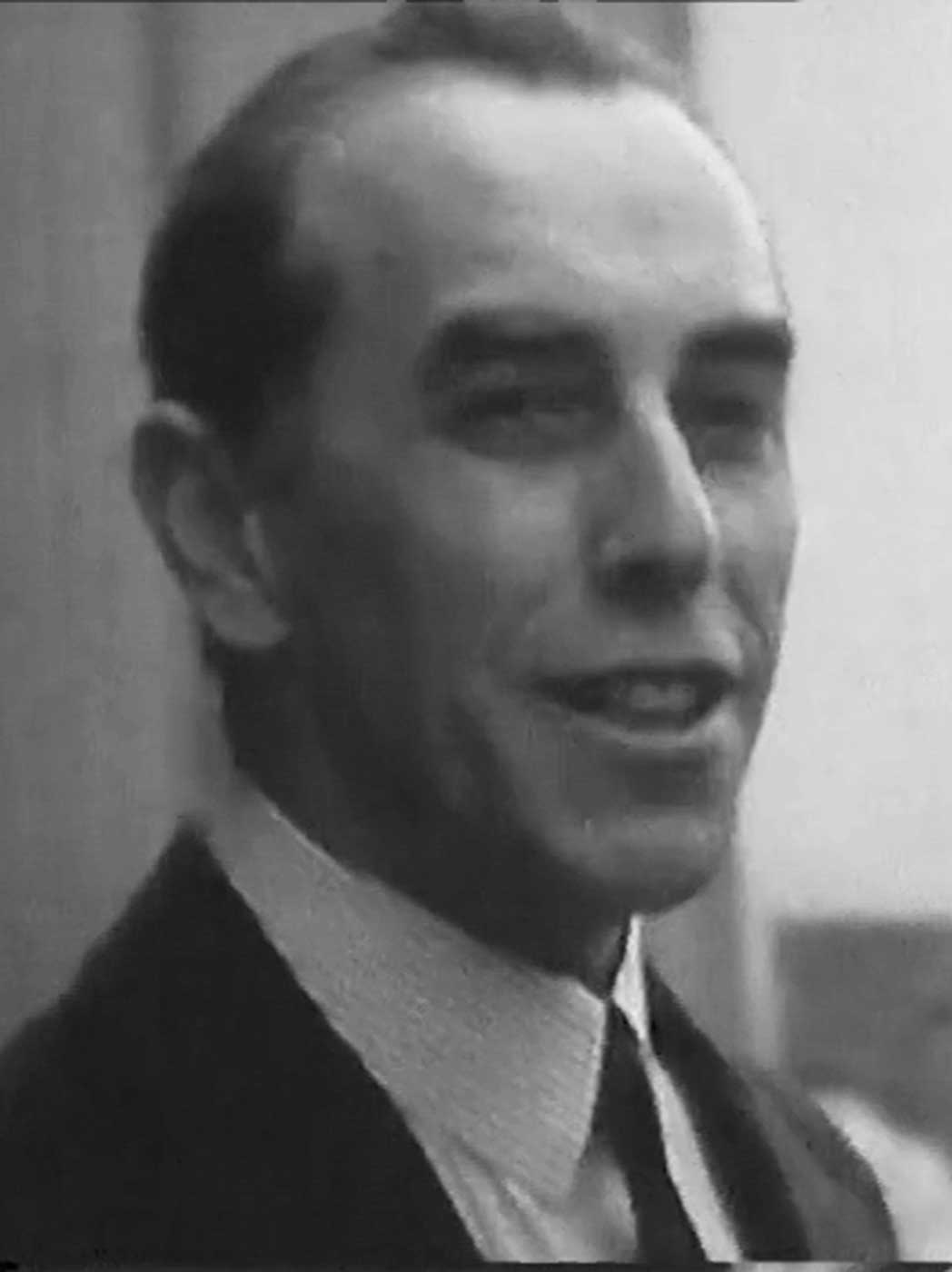Listes des autres pages théologiens et philosophes
- Archpriest Sergius Boulgakov
- Protopresbyter Alexis Kniazeff
- Archimandrite Cyprian Kern
- Protopresbyter Basile Zenkovsky
- Protopresbyter Alexander Schmemann
- Protopresbyter Boris Bobrinskoy
- Olivier Clément
- Protopresbyter John Meyendorff
- Leon Zander
- Archpriest Georges Florovsky
- Vladimir Ilyine
- Bishop Cassian (Bezobrazoff)
- Protopresbyter Nicholas Afanassieff
- Anton Kartachov
- George Fedotov
- Boris Vycheslavtsev
Page information
Page information
Boris Vycheslavtsev

Boris Petrovich Vycheslavtsev is born in 1877 in Moscow. He studied law at the University of Moscow, but he was drawn to philosophy. He then pursued studies at universities in Germany, Paris and Rome. In 1914 he defended his thesis on The Ethics of Fichte at the University of Moscow and held a chair at the Faculty of Law. In 1921 he was forced by the Soviet authorities to leave his country and moved to Berlin where he taught at the Academy of Philosophy and Religion, founded by Nicolas Berdiaev. In 1925 he was appointed professor at the Institut Saint-Serge and held the chair of Moral Theology there. After the Second World War in 1945 he moved to Geneva where he died in 1954 after a long illness.
The religious and philosophical thought of Boris Vycheslavtsev is centered on the problem of the relationship between intuition and rational thought. “It is a whole mysterious infinity that is discovered in intuition…We are surrounded by the unknowable and the undemonstrable…Reason itself leads us there. ”
One of his best-known books is The Ethics of Transfigured Eros (published in Russian in 1931 by YMCA PRESS), in which he formulated the main principles of his teaching on moral theology. He emphasizes that Christian ethics consists of a constant overcoming of legalism. The goal of Christian life is the sublimation of eros, that is, the principle of desire, love and all creative activity. Through Christ's attraction to the human heart, man is able to overcome the law of sin to which he is a slave (Rom. 7:14-25). Christian morality is not based on the imperative norm (as in Kant), but on the innate desire in the depths of the subconscious. In his reflections Vycheslavtsev also took advantage of the discoveries of new psychology (Freud and Jung, among others).